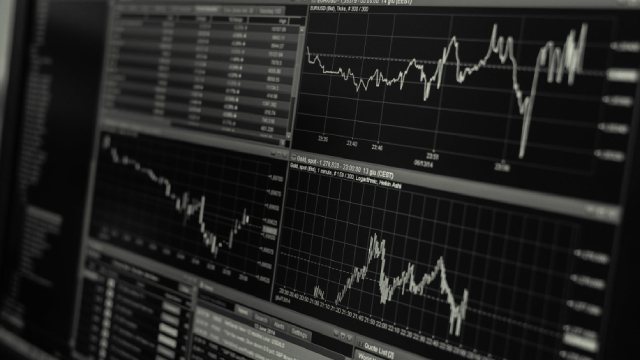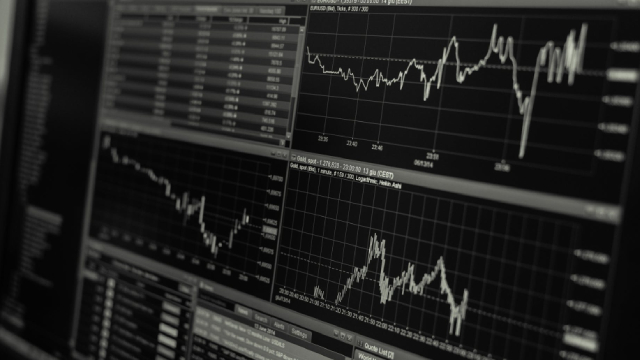
VanEck Mortgage REIT Income ETF (MORT)

Mortgage REITs Hammer BDCs
BDCs have typically dominated. Mortgage REITs are back and out for dividends. Or something like that. As BDCs plunged, mortgage REITs gained favor with high-yield investors, at least on a relative basis. Declining borrowing costs make investors more excited about the sector, but mortgage REITs prefer stability.

MORT: Bright Outlook For The Next Twelve Months
The VanEck Mortgage REIT Income ETF invests exclusively in mREITs, exhibiting a high concentration in its top ten positions. MORT offers an attractive current yield of around 12.36%. What is more, dividends have recently returned to growth, helped by Fed rate cuts in 2024. Given the outlook for lower short-term interest rates, analysts remain bullish, expecting a mid-single-digit capital gain for MORT's largest holdings.

MORT: A Strategic Buy For A Swing Trade (Rating Upgrade)
VanEck Mortgage REIT Income, a high-beta ETF, is deeply oversold due to recent market turmoil and rising bond yields, presenting a short-term swing trade opportunity. The fund's components, including Annaly, AGNC, and Starwood, are heavily influenced by rates and risk-on/risk-off dynamics, making them ideal for swing trading. Technical analysis indicates MORT and its components are oversold, with a target price of $10.5/share, reflecting a potential bounce.

MORT: High Income, Short-Term Hold
VanEck Mortgage REIT Income ETF offers a 10.67% annual yield with a low expense ratio of 0.43%. The ETF is highly concentrated in mortgage REITs, making it risky and volatile, especially in the current economic climate influenced by tariff wars and Federal cuts. Within the Top 10 Holdings, there are 3 REITs that I recommend as Buys.

MORT: A Low Double-Digit Total Return Looks Likely In 2025
The VanEck Mortgage REIT Income ETF invests in US mREITs, with the portfolio exhibiting a high concentration in its top ten positions. Recent increases in long-term interest rates will likely result in poor Q4 2024 earnings for mREITs. Even so analysts remain optimistic for MORT's largest holdings, forecasting returns of about 15% over the next 12 months.

MORT: A Cyclical Rates Driven ETF
The VanEck Mortgage REIT Income ETF offers a high yield of 10.4%, but investors must understand its diverse composition and rates-driven nature. MORT includes a mix of Agency MBS REITs and real estate funds, all influenced by interest rates but with different risk factors. The ETF has benefited from recent lower rates, showing strong correlation with the iShares 7-10 Year Treasury Bond ETF, but remains cyclical.

Rate Cuts Could Renew Interest in Mortgage REITs
With hope building that the Federal Reserve will finally pare interest rates in September, some income investors are considering returns to high-yield, rate-sensitive asset classes. This includes mortgage real estate investment trusts (mREITs).

MORT: A Levered Bet US Rates Have Peaked
The VanEck Mortgage REIT Income ETF has over 99% exposure to US mortgage REITs. MORT has underperformed the S&P 500 both in 2024 and on a three-year timeframe. This is in large part due to the 2022-2023 Fed tightening cycle, with a reversal expected as soon as September.







